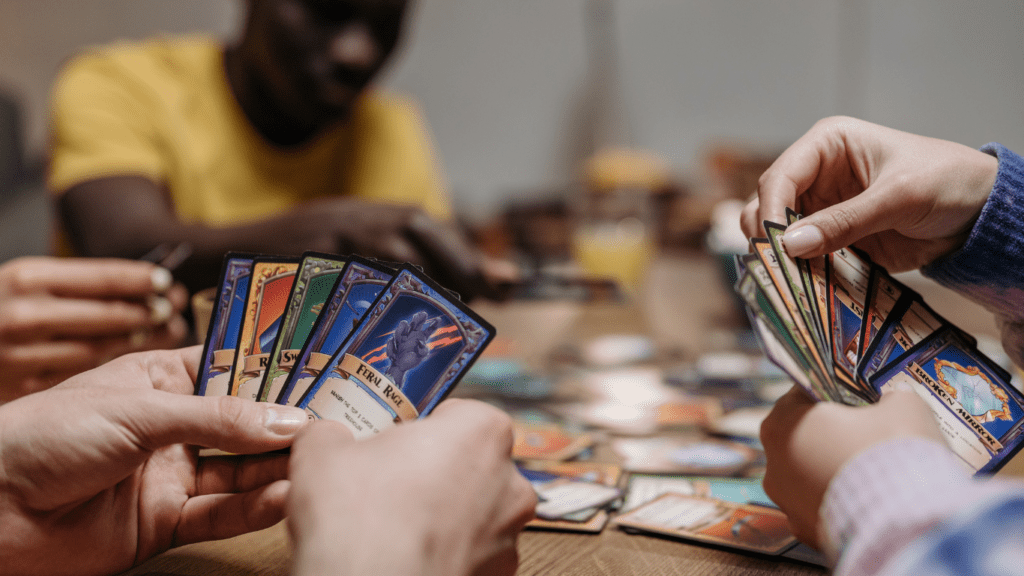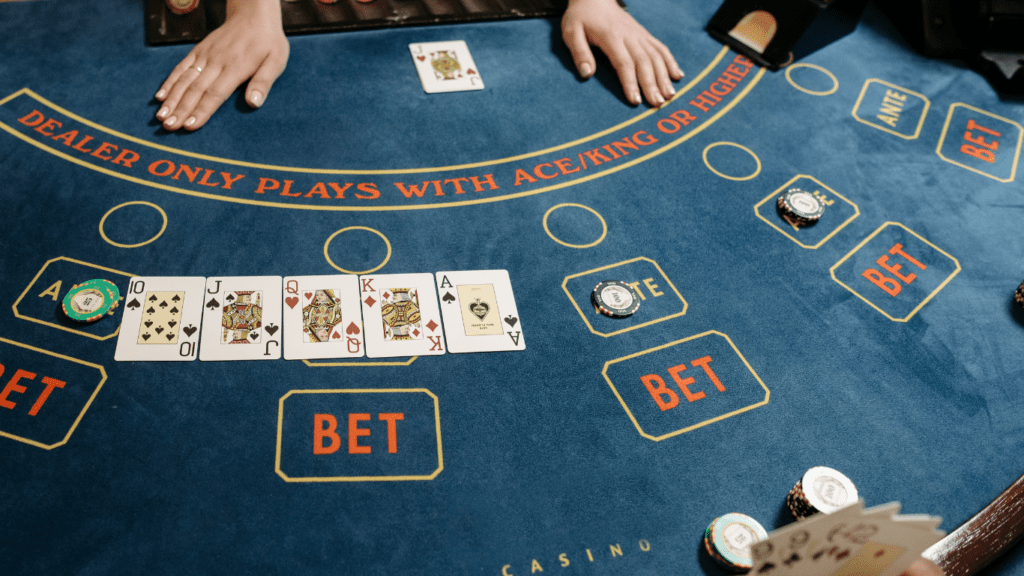Exploring the evolution of table games over centuries unveils a fascinating journey of innovation and cultural adaptation. From ancient civilizations to modern times, these games have not only entertained but also reflected societal norms and values. As I delve into the historical timeline of table games, it becomes evident how these timeless pastimes have adapted to changing times, technologies, and player preferences.
With each era leaving its unique imprint on the world of table games, the dynamics of gameplay, design, and even the social context have undergone significant transformations. As I navigate through the annals of history, I’ll unravel the intricate tapestry of how these games have evolved, capturing the essence of human creativity and ingenuity across different civilizations. Join me on this captivating journey through time as we witness the enduring legacy of table games and their enduring appeal in today’s digital age.
Evolution of Table Games
Exploring the evolution of table games across centuries reveals a fascinating journey of adaptation and innovation. Each era has brought distinct changes to the world of tabletop gaming, reflecting the shifting dynamics of society and culture. From ancient classics to modern marvels, the evolution of table games is a testament to human creativity and ingenuity. Let’s delve into the transformative journey of these beloved games over time.
Influence of Cultural Shifts
Exploring the Influence of Cultural Shifts on Table Games evolution illuminates how societal values shape gaming experiences.
Impact of Technology
Incorporating Technological Advancements has revolutionized table games, enhancing gameplay experiences and accessibility.
Popular Table Games Through History
Reflecting on the history of table games, different games have emerged as favorites during various eras. Here are some popular table games that have stood the test of time:
- Chess: Originating in India around the 6th century, chess has evolved into a strategic game of skill and intellect, challenging players to outthink their opponents.
- Backgammon: With roots tracing back over 5,000 years to the Mesopotamian region, backgammon is a classic game of dice and strategy that remains popular worldwide.
- Poker: Dating back to the early 19th century in the United States, poker has become a symbol of skill, bluffing, and strategy, with numerous variations enjoyed in casinos and home games.
- Mahjong: Originating in China during the Qing Dynasty, Mahjong is a tile-based game that requires strategic thinking and is still widely popular in Asian and Western cultures.
- Table Tennis: Developed in England during the late 19th century, table tennis (ping pong) has gained global popularity as a fast-paced, competitive sport played on a table.
- Monopoly: Created in the early 20th century in the United States, Monopoly has become a classic board game of strategy, luck, and negotiation enjoyed by players of all ages.
- Scrabble: Invented during the Great Depression in the United States, Scrabble challenges players’ vocabulary and word skills, making it a beloved game for language enthusiasts.
These popular table games have transcended centuries, providing entertainment, intellectual stimulation, and social interaction across different cultures and time periods.



 Aaron Delvalle is the insightful author behind Gamble Wise Roots, where he brings a fresh perspective to the world of gambling. His work covers essential topics such as casino news and updates, simplifying the basics for newcomers, breaking down odds for better understanding, and exploring the rich history and evolution of casino games.
Aaron's deep curiosity about the origins of betting drives his research, offering readers a well-rounded view of the gambling landscape. Through his writing, he aims to educate and engage both novices and seasoned players alike.
Aaron Delvalle is the insightful author behind Gamble Wise Roots, where he brings a fresh perspective to the world of gambling. His work covers essential topics such as casino news and updates, simplifying the basics for newcomers, breaking down odds for better understanding, and exploring the rich history and evolution of casino games.
Aaron's deep curiosity about the origins of betting drives his research, offering readers a well-rounded view of the gambling landscape. Through his writing, he aims to educate and engage both novices and seasoned players alike.
